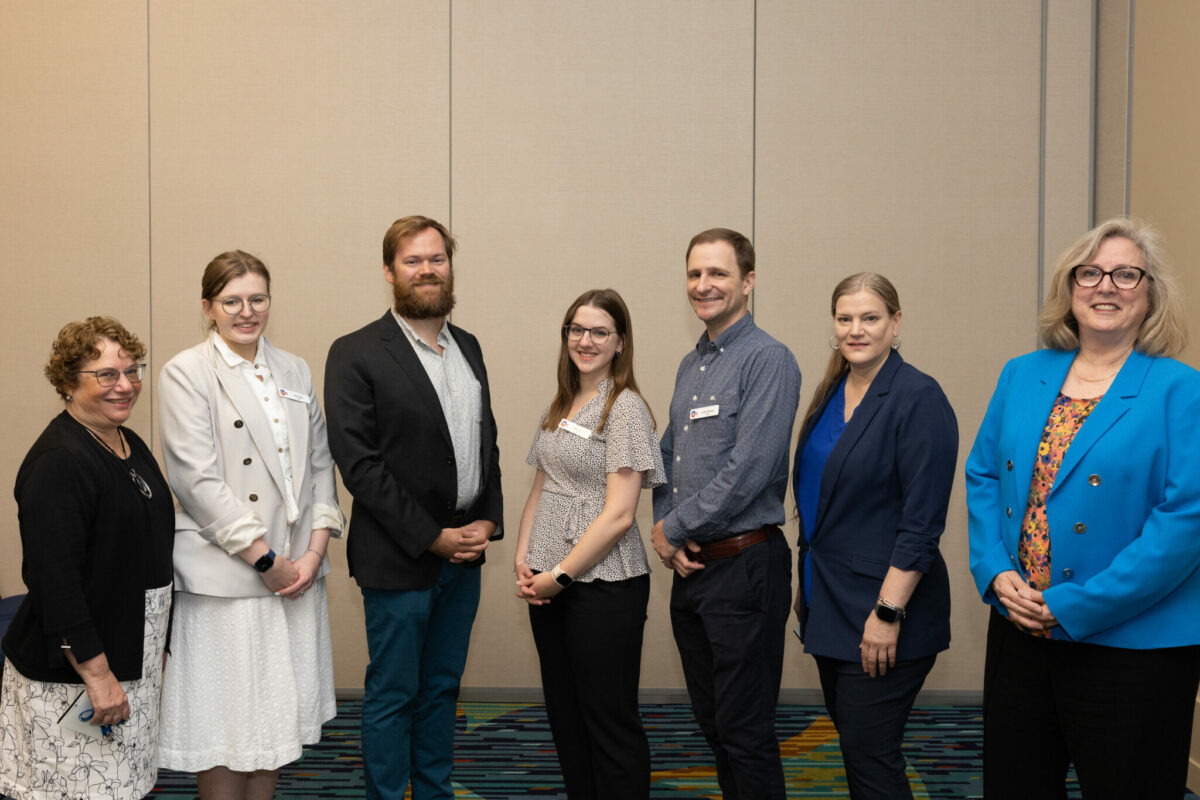
Data Literacy Initiative Launched by National Center for Applied Transit Technology In Cooperative Agreement with the Federal Transit Administration
- Date: December 6, 2024
Washington, DC, December 4, 2024 – The Community Transportation Association of America (CTAA)’s National Center for Applied Transit Technology (N-CATT) launched a new data literacy initiative for small transit operators. The initiative will help rural, tribal, and small-urban public transit agencies improve their data collection, management, and decision-making processes based on a deeper understanding of available data.
“Smaller agencies benefit just as much from effective data utilization as larger ones,” says Andrew Carpenter, N-CATT Program Director. “This is an exciting and necessary initiative because it will enable us to provide no-cost, easily accessible, digestible data tools, resources, and education to smaller transit operators who don’t have the staff capacity to go searching for them.”
Activities aim to bridge the growing digital divide between larger and smaller agencies, leading to more data-based decision-making among small transit agencies without previous access to literacy tools due to staff capacity, staff expertise, and budget constraints. Activities include:
- Surveying rural, tribal, and small-urban transit agencies’ current data literacy level.
- Developing a compelling curriculum laser-focused on improving essential data collection, management, and analysis skills.
- Generating captivating resources focused on different data topics.
- Piloting a regional data specialist at a centralized transit-focused organization such as the state Department of Transportation, state transit association, or the local or regional Rural Transit Assistance Program.
- Surveying to assess program effectiveness and data literacy levels.
“Data is crucial for transit agencies to make informed decisions,” according to Scott Bogren, CTAA Executive Director. “CTAA members have a long history of innovation, including leveraging data to make decisions. This initiative is a big deal because it will help the nation’s smaller transit agencies better serve their communities, which is what public transportation is all about.”
N-CATT has contracted with the Center for Urban Transportation Research at the University of South Florida to implement the initial survey. The survey results will be used to inform the creation of resources on data topics, including a glossary of terms. The resources will be housed in N-CATT’s existing library of free education for transit providers.
Concurrently, N-CATT will launch a regional data expert pilot. The regional expert will be on call to help smaller transit agencies complete data projects and advise on how to use their data effectively.
The curriculum, guided by the findings of the survey, will be offered as digital courses. The curriculum will be presented through courses to help transit providers expand on the vital skills of data collection, management, and informed decision-making. These format options have been tailored to rural, tribal, and small-urban transportation providers, drawing from N-CATT’s wealth of experience in equipping agencies with the necessary tools.
N-CATT will reach out to participants to arrange direct technical assistance, as well as promote a Data Help Desk. N-CATT will use existing and proven technical assistance strategies utilized in the Strategic Technology Technical Assistance Teams (STTATs) program, during which N-CATT deploys a team to help transit providers evaluate their tech needs or service updates. This is a crucial aspect of the data literacy initiative as it provides an opportunity for participants to enact a data project at their agency with potentially huge implications for operations and service to their community. The Center is working with multiple STTATs recipients, including a transit agency in Iowa that is interested in exploring a deviated fixed route expansion to their service. N-CATT is also working with three rural agencies in New Mexico to investigate the feasibility of automated vehicle deployment.
The initial survey is expected to launch in early 2025. The most up-to-date information on this initiative is available on www.N-CATT.org.